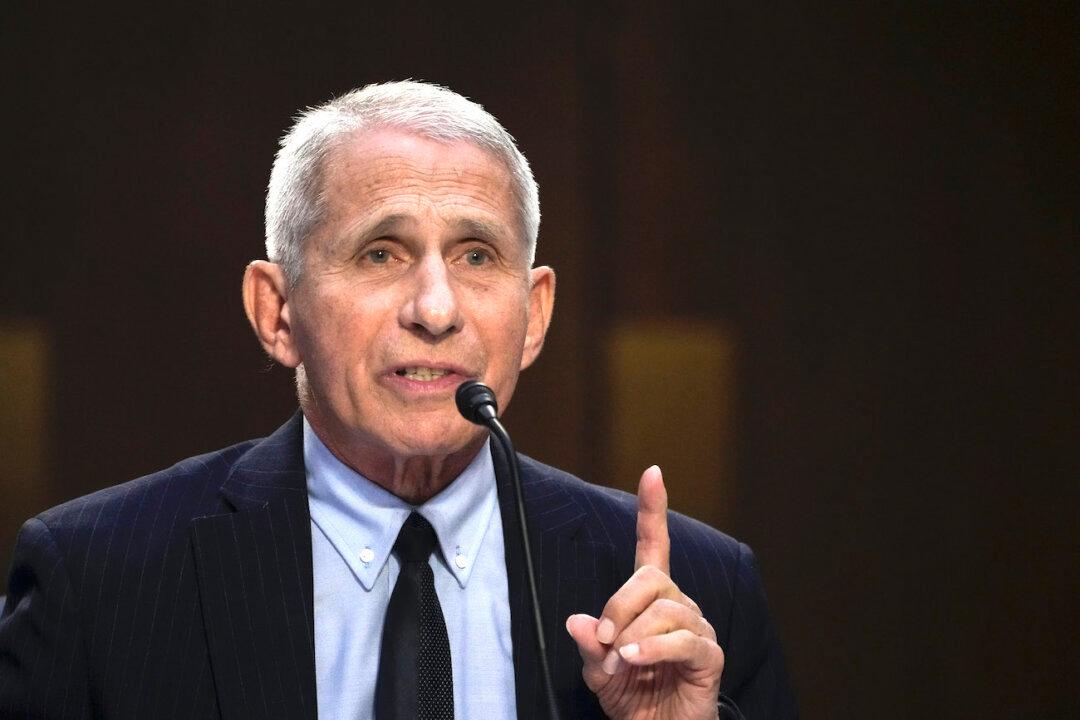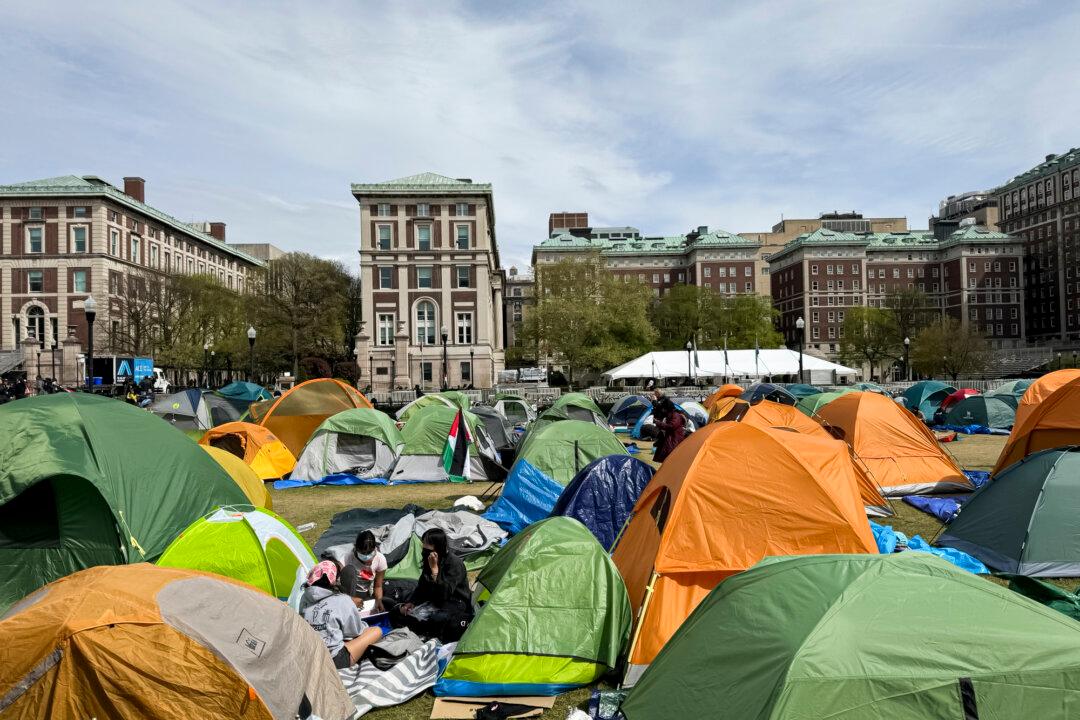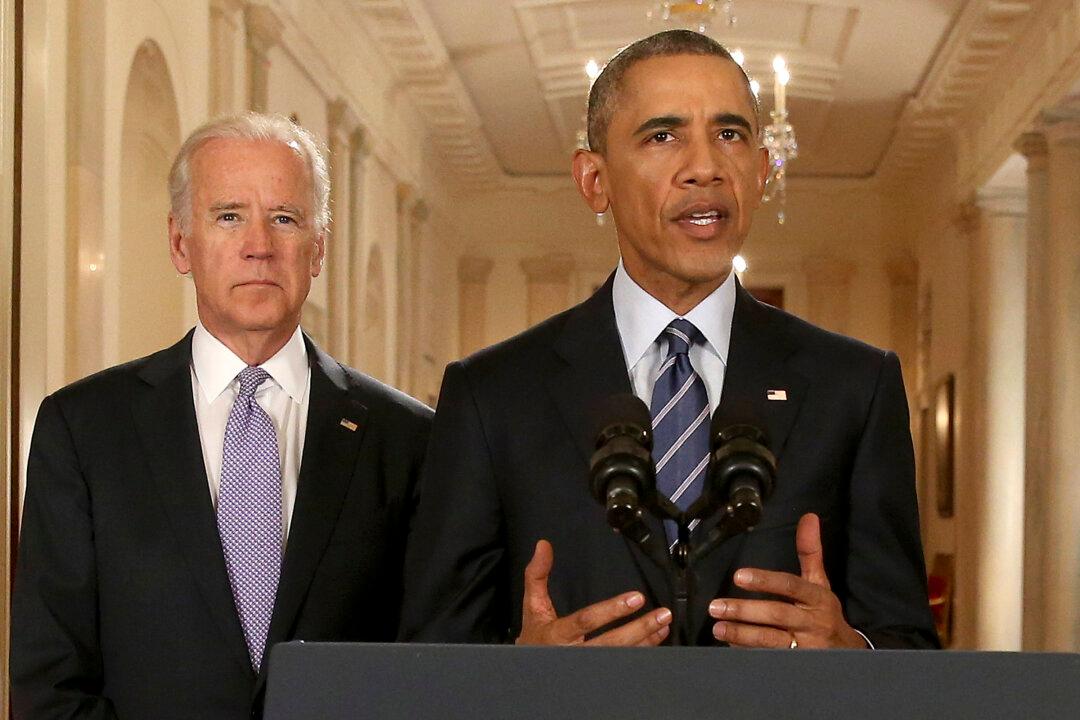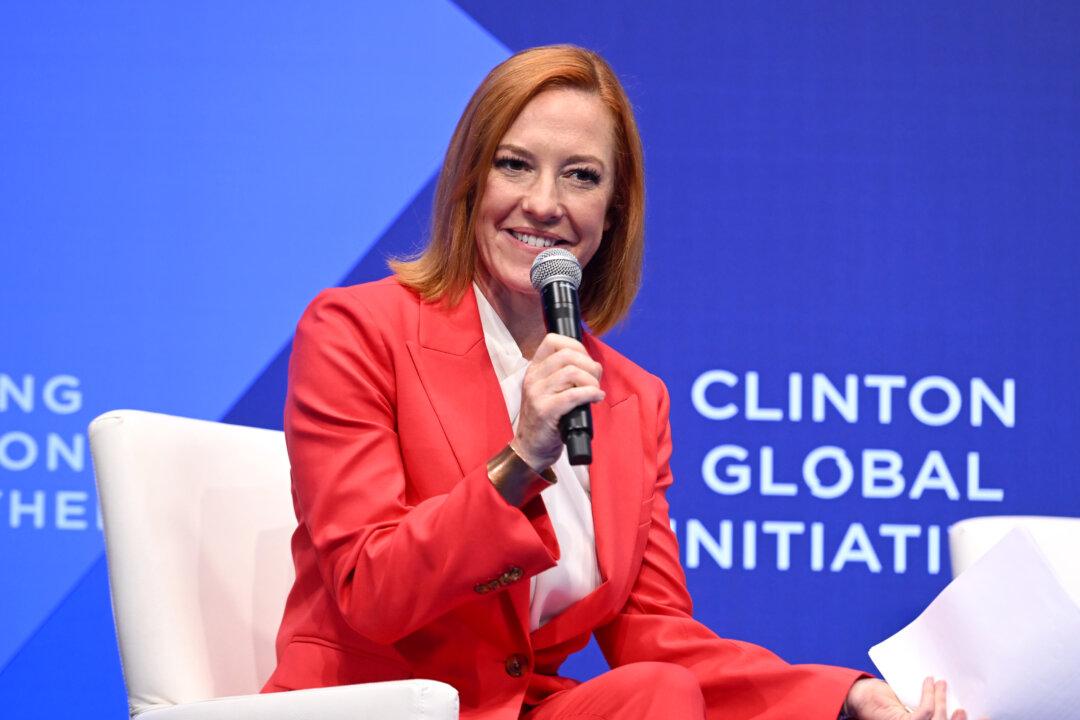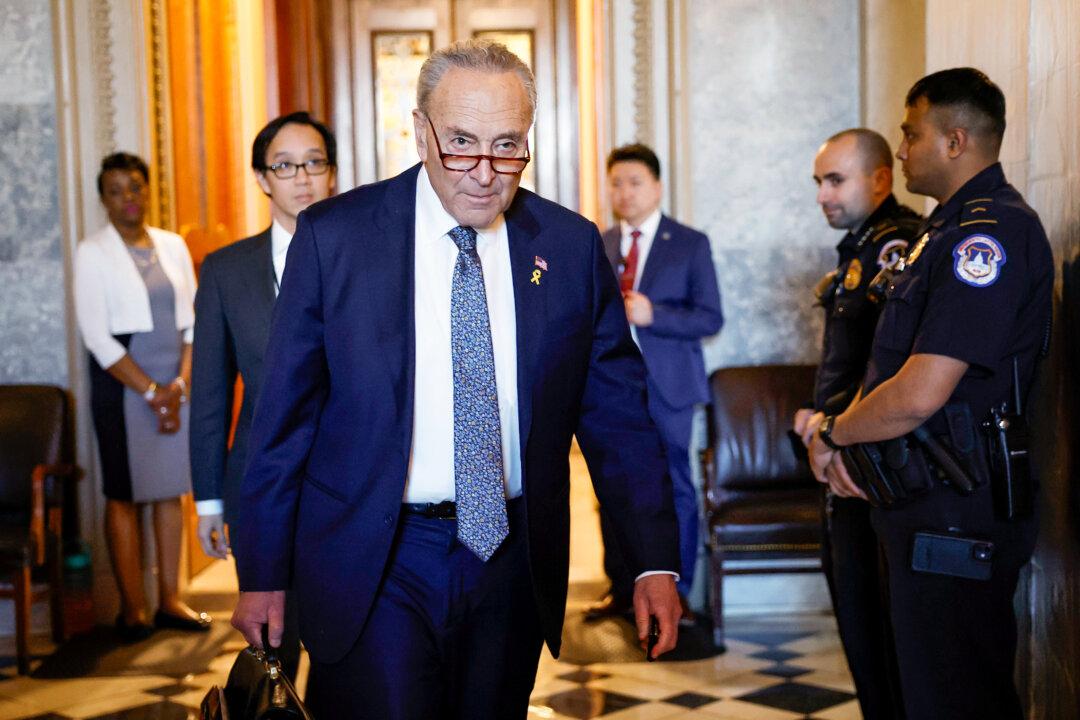Commentary
This week, ABC News reporter Jonathan Karl asked Dr. Anthony Fauci, the soon-departing head of the National Institute of Allergy and Infectious Diseases, if it was a “mistake” for schools to be shuttered as long as they were during the COVID pandemic. “We should realize, and have realized,” Fauci answered, “that there will be deleterious collateral consequences when you do something like that,” adding that he had “nothing to do” with schools closing.
